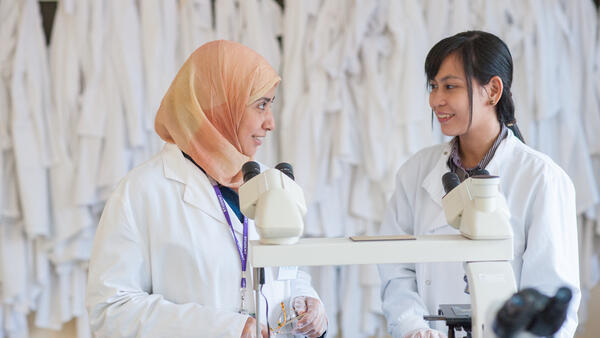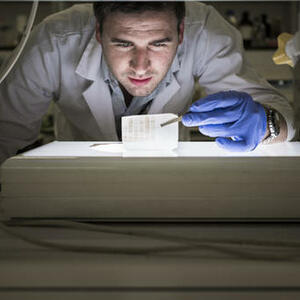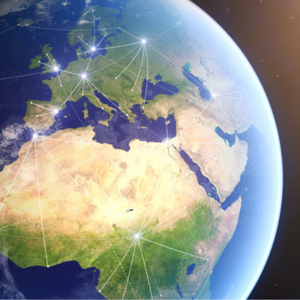
Integrated Training Pathway
Designed to be accessed at any point, offering flexible opportunities at all career stages
The numbers of African researchers successfully securing high quality Fellowships in an internationally competitive field is still concerningly low. Many schemes which have been targeted specifically to address this disparity have recently been withdrawn or scaled back. This exacerbates the workforce crisis at a time when the world needs more resilient and well-resourced health systems. Our training pathway has been designed to nurture a talent pipeline and challenge the ‘pinch points’ for retention.
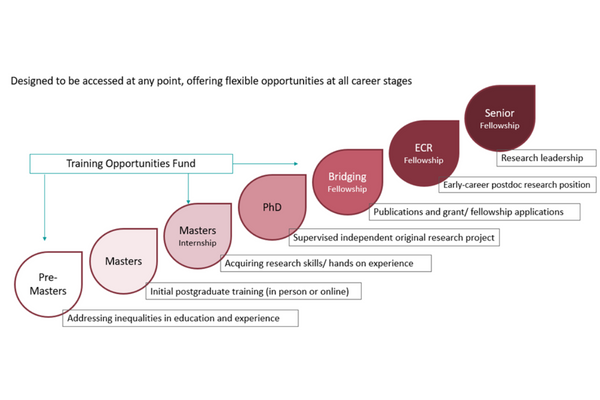
Scholarships and training opportunities
We aim to support 125 news scholarships over the next five years: 25 prestigious full scholarships recruited via our hubs; and 75 Equity and Merit partial scholarships targeting UK-domiciled Black students, state school students in the North West of England, and additional LMIC candidates (£2.5m).

PhD studentships
25 prestigious 125th Anniversary Studentships aligned to LSTM’s research strengths and co-supervised via our overseas hubs, recruited through an open, competitive process (£2.5m).

Training Opportunities Fund
Devolved to overseas hubs, supporting pre-Masters, post-Masters and post-PhD training to overcome barriers to access and progression (£1m).
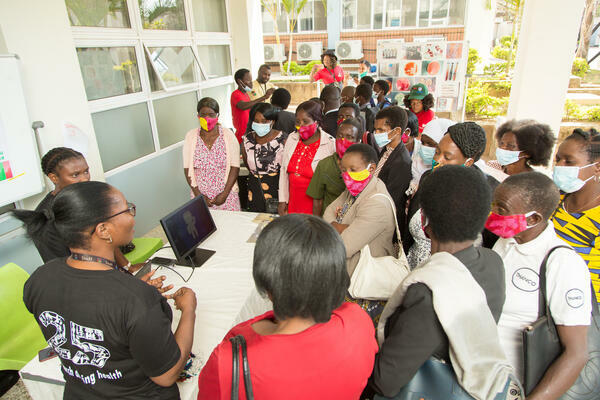
Future Leaders Fellowships
25 prestigious early-career research Fellowships open to all LMIC applicants but hosted at our global hubs (£8.25m). Some of these will be affiliated to our research on Resilient Health Systems.
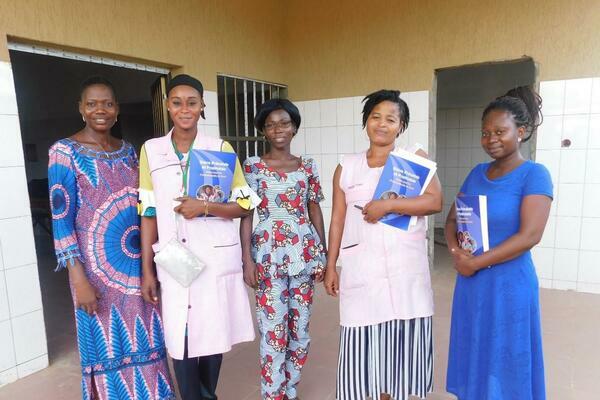
Senior Research Leaders
Up to five established, senior African Professors or research leaders who will drive new research opportunities, collaborations and capacity strengthening, including one Director of our new Institute for Resilient Health Systems (£10m).
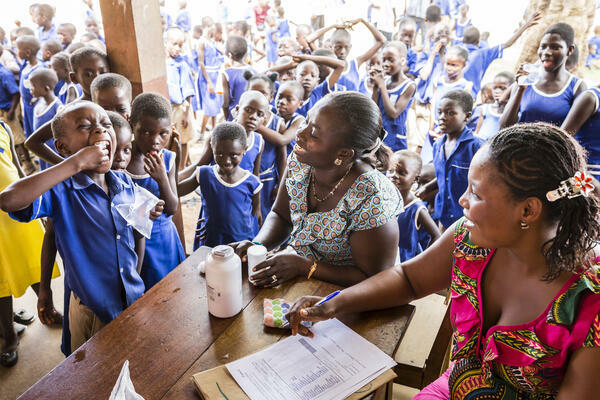
Why your support is important
Support from donors enables us to push the boundaries of traditional research and statutory funding. They allow the freedom to develop solutions which will catalyse new knowledge and research funding, ultimately decreasing reliance on aid.
Donations enable us to invest in new, untested, and perhaps unconventional ideas and the most promising students and scientists. These are the people who will lead the world in finding solutions to humanity’s biggest health challenges.
We are proactively working to lever international donor funding with African philanthropy, supporting the creation of a more sustainable and independent science and funding ecosystem responsive to regional challenges, but with the potential to benefit human health worldwide.
